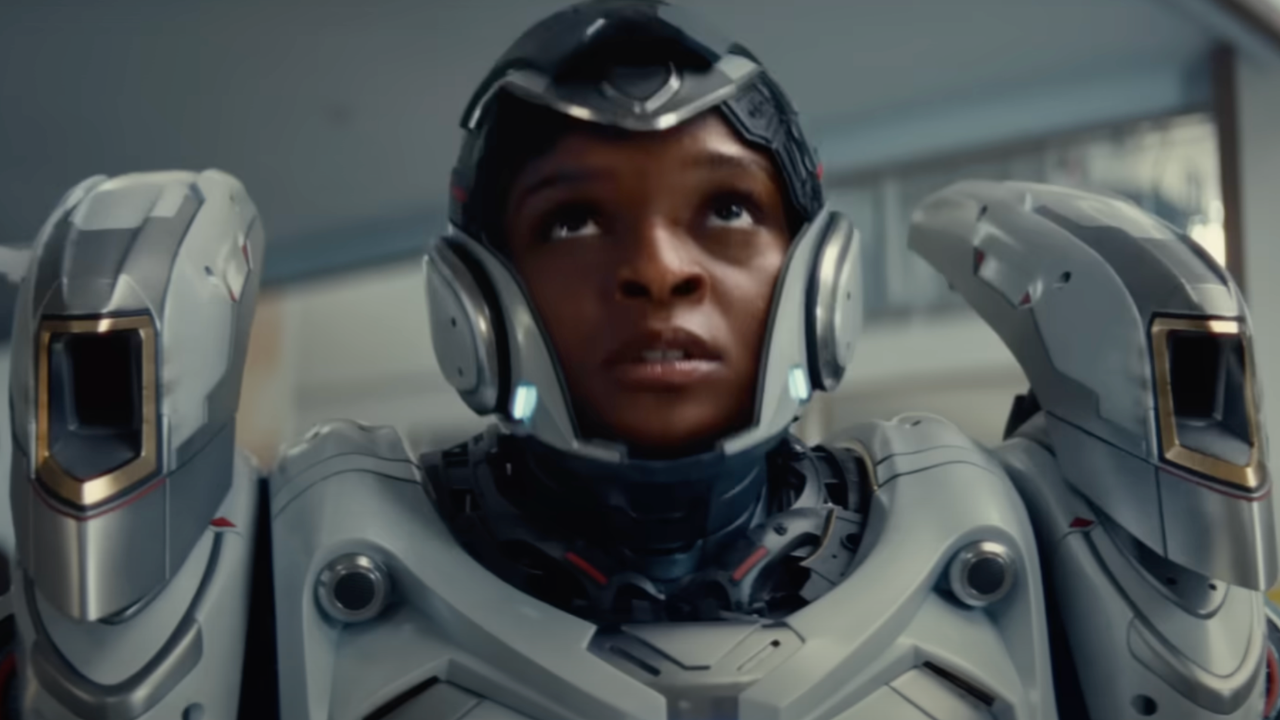
There really isn’t a way to review Ironheart outside of just calling it what it is: bad.
This show, Ironheart, is a massive disappointment on all fronts. From its poor camera work and unimpressive visuals to the stiff acting, subpar script, and overall lack of quality, it seems like Marvel television has hit rock bottom with this one. It’s not just a missed opportunity—it’s the last nail in the coffin.
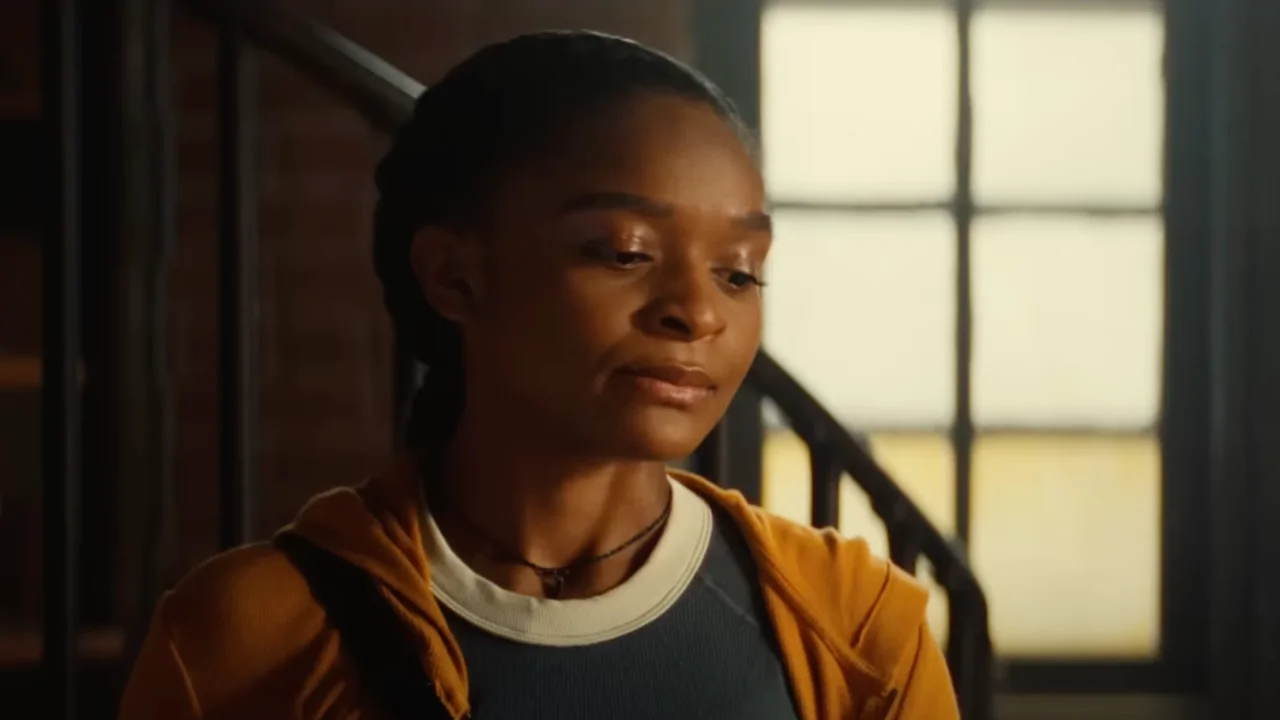
If Echo was lifeless and Secret Invasion was dull, Ironheart is downright insufferable.
The series seems to be the culmination of the Marvel Cinematic Universe, where creative choices seem to prioritize identity over storytelling, if they involve storytelling at all. It lacks subtlety, depth, and a genuine interest in exploring themes such as heroism and conflict. Instead, it offers a self-important protagonist surrounded by a procession of dislikable characters, delivering one pompous monologue after another.
A Show Obsessed With Tearing Down Legacy
Within the first 10 minutes, Ironheart makes its ideological goals crystal clear.
In a casual and understandable manner: Tony Stark, the pioneer of the Marvel Cinematic Universe, is often disregarded without debate – he’s simply dismissed. Characters like Riri suggest that Stark’s worth was solely his wealth, implying that genius isn’t valued unless it comes from a specific background. At one point, Riri states she won’t speak ill of Stark due to his contributions to the industry, which seems more like an acknowledgement than genuine admiration.
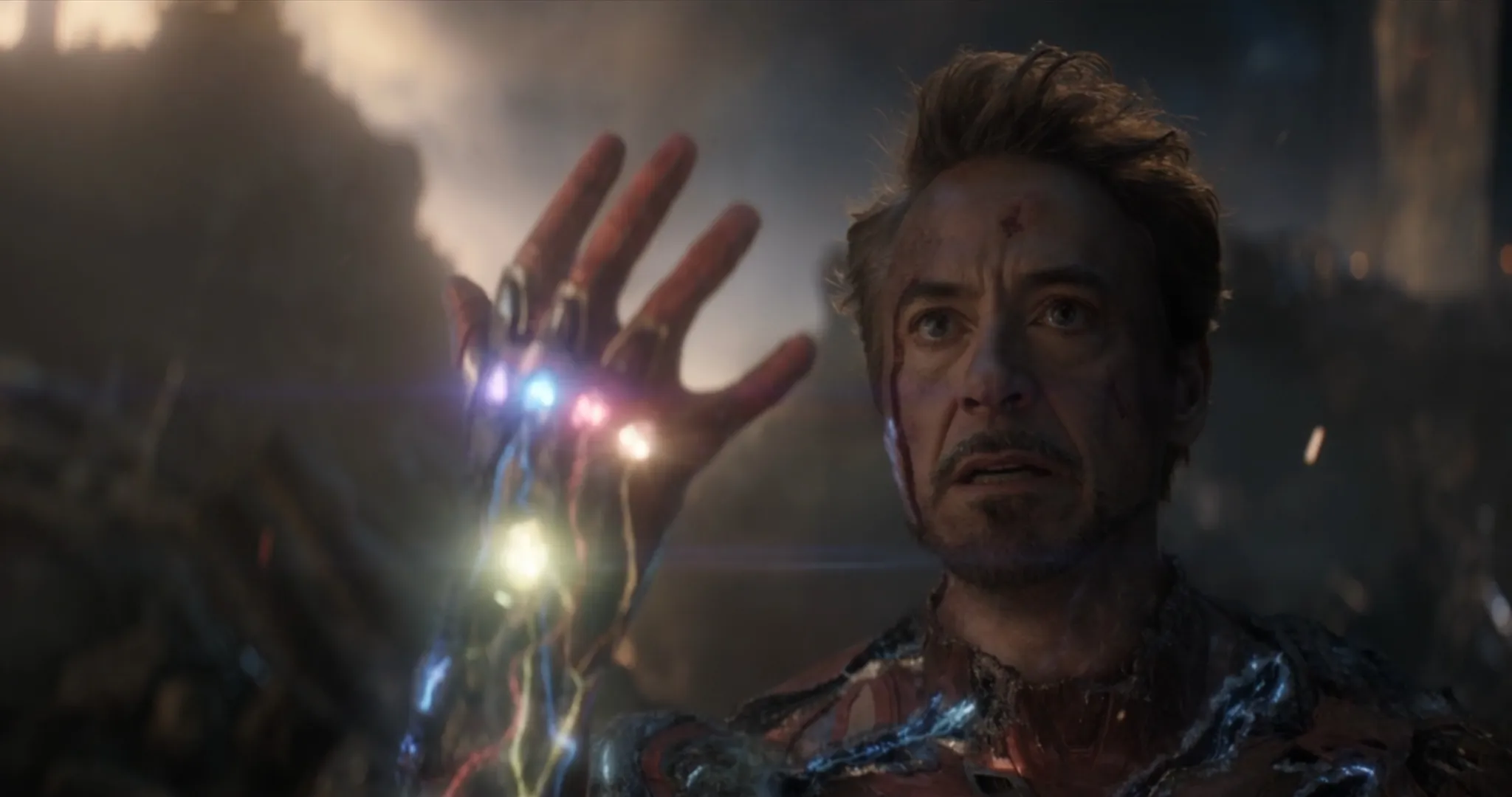
Let me emphasize this, people: Tony Stark managed to create the Mark 1 Iron Man suit in a cave using just scrap materials!
Ironheart, however, isn’t interested in legacy—it’s interested in revision.
In simpler terms, the scene where Riri was expelled from MIT unfolded in an overly dramatic and unrealistic manner. Instead of simply explaining why she was being expelled, the dean chose to give an unusual speech about their shared strength and intelligence as Black women. This attempt at emphasizing Riri’s significance seemed out of place and ended up feeling more like a forced political statement rather than a serious moment.
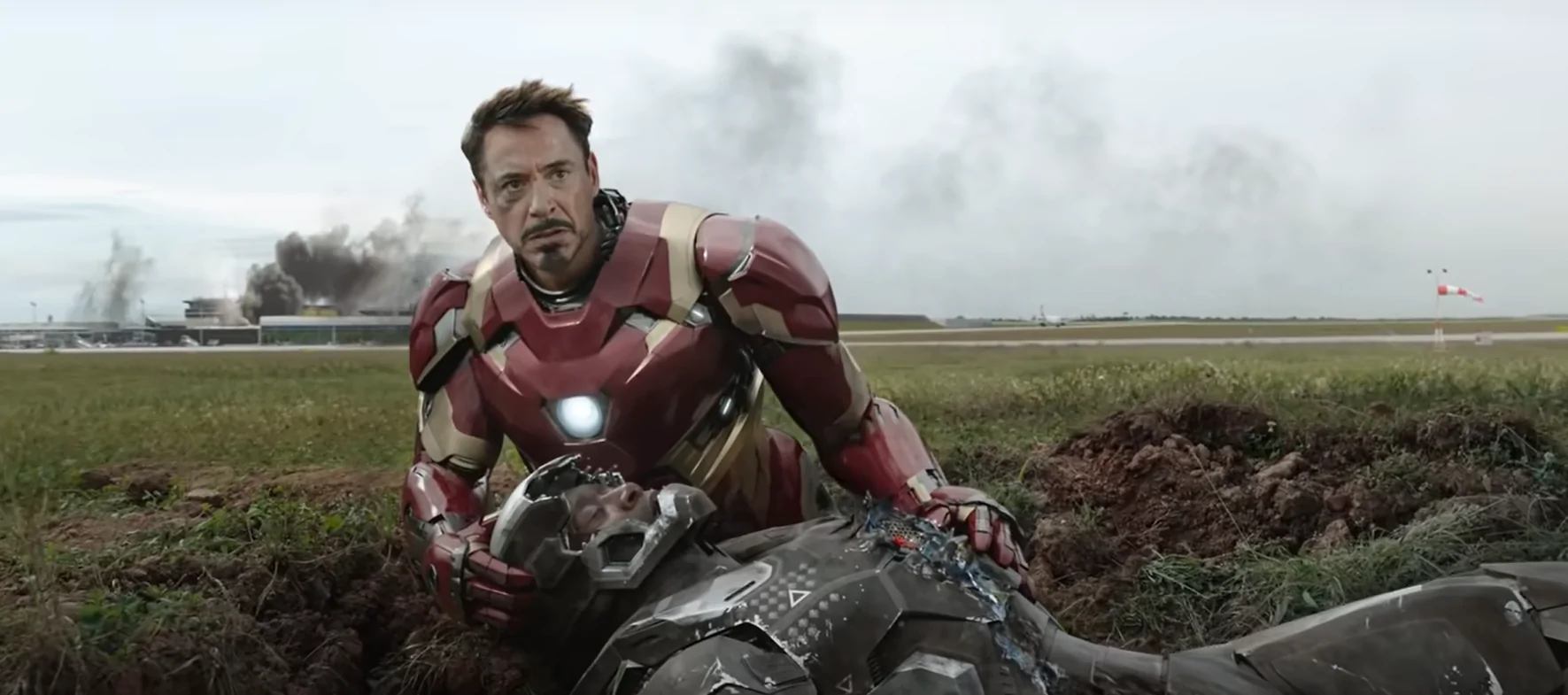
The dialogue doesn’t sound human—it sounds like it was written by a DEI consultant doing improv.
An Unlikable Hero with Questionable Morals
Of course no Ironheart review is complete without discussing Ironheart herself.
Riri Williams isn’t simply hard to connect with; she comes off as unsympathetic. Her arrogance, aloof demeanor, and lack of empathy make her an unappealing character. She frequently emphasizes that she doesn’t desire the hero role, feels no sense of duty towards others, and is creating her suits and AI merely because she has the ability to do so.
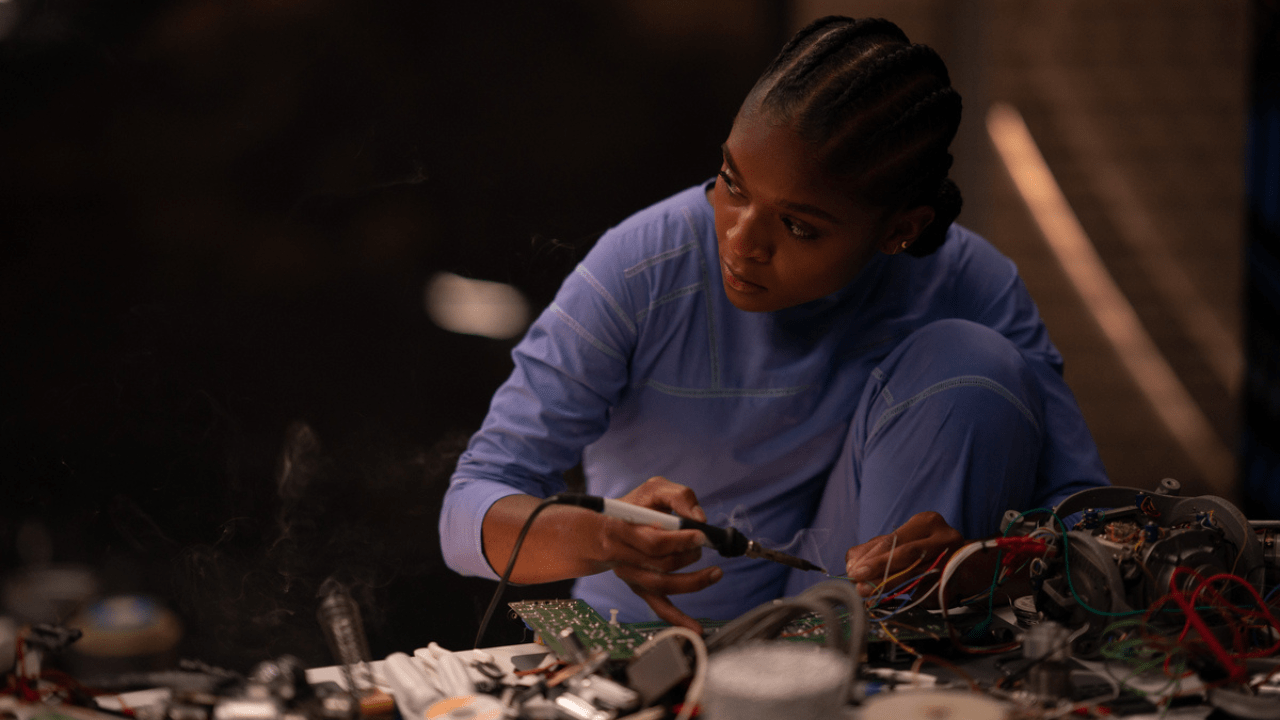
What’s being portrayed isn’t genuine strength – it appears more like arrogance or self-centeredness. Despite every action seemingly benefiting herself, the series seems intent on encouraging us to cheer for her, not because of her actions, but rather due to her identity or background. However, the attempts to justify this through a backstory about her deceased father don’t resonate; it feels insincere instead.
By the end of episode three, Riri commits a stone cold murder.
There’s no ambiguity.
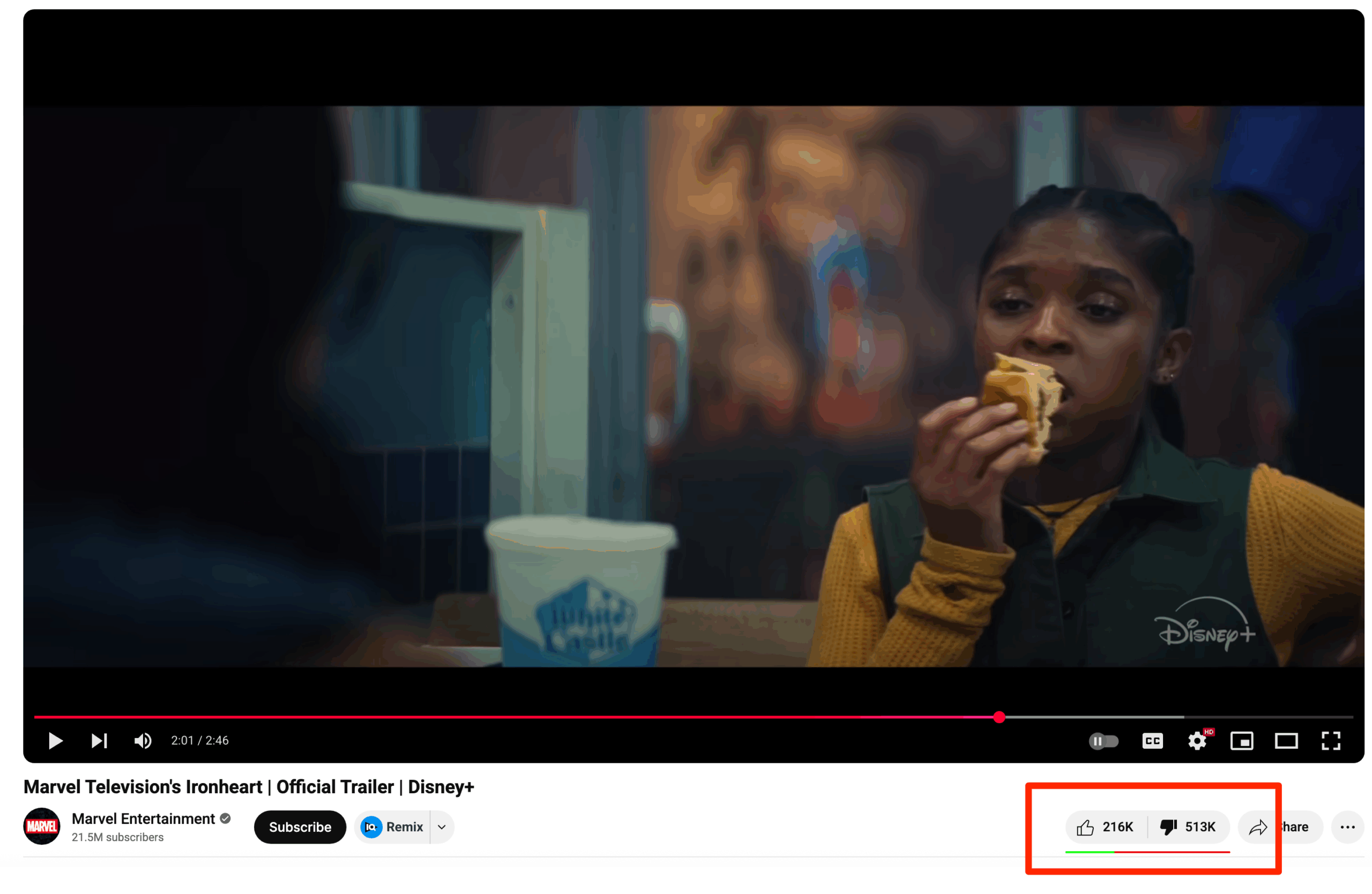
She possesses the capacity to effortlessly rescue someone, yet she chooses to stand by as he perishes, a decision she later regrets profoundly, haunted not only by his demise but also by her neglect to retrieve a vital technological artifact from the crime scene.
This is our protagonist…
A Cast of Cartoonish Caricatures
As a passionate film aficionado, I can’t help but notice that the main white male character in this series is portrayed as a secluded, anxious nerd with little to no autonomy or development. His role seems to be primarily for Riri to dominate, ridicule, and marginalize. He functions as a tool for her to assert her power and coolness. Regrettably, he lacks agency, purpose, and character growth, serving merely as a joke in the narrative.
Furthermore, Riri’s “gang” is a motley crew of individuals who seem to be criminal elements. However, despite their questionable actions, the series encourages us to support them, presumably because that’s the narrative it presents.
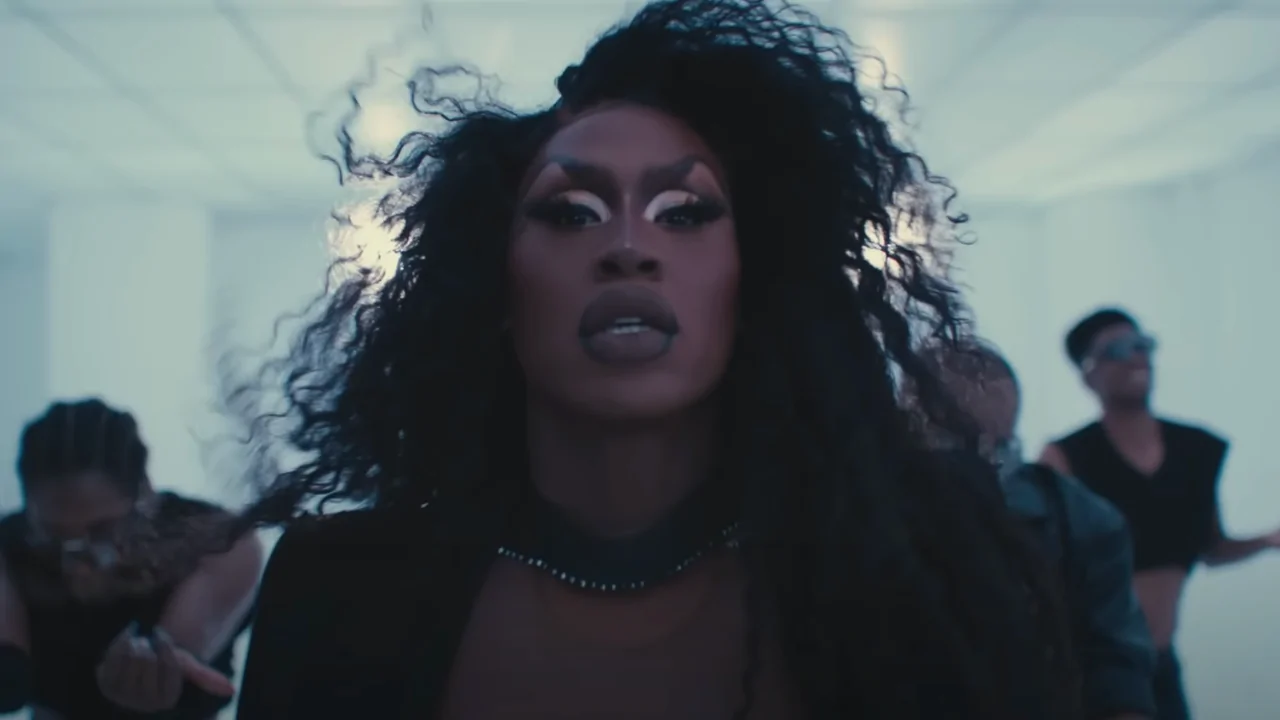
The series lacks any appeal or captivating personality, instead featuring an eclectic band of swindlers and deceivers. Consistently, it promotes the notion that pilfering from the affluent is not only permissible—it’s virtuous. The principle of wealth reallocation serves as the moral guide.
According to Ironheart and Marvel, it’s suggested that the wealthy should face consequences or retribution due to their wealth. However, it’s important to note that this does not imply an endorsement of actual harm or robbery.
Tech Nonsense and Magical MacGuffins
In the fictional world of Ironheart, the technology appears more like science fiction than the reality presented in Star Trek. Remarkably, Riri, who earlier stated she couldn’t afford to construct her AI, swiftly accomplishes this feat using just a laptop in her very own bedroom. What’s even more astounding is that she develops an artificial intelligence that mirrors her deceased best friend, complete with a holographic necklace that enables the AI to follow Riri around, creating an ethereal presence similar to a ghost from a science fiction tale.

In my humble opinion, as a movie enthusiast, I must confess that the plot device in this film is rather haphazardly employed, lacking any semblance of rational foundation or believable integration into the storyline. It’s as if the creators reached into a magic hat to pull out solutions for every scenario, leaving even the most advanced technology on the USS Enterprise feeling outshone by the convenience machine hidden in Riri’s wardrobe.
In contrast, the early iterations of Star Trek managed to weave intricate tales while maintaining a semblance of scientific plausibility, even if it was pseudo-science. Alas, the days of Khan blood and time crystals have dimmed the light on such storytelling finesse. (A topic for another day’s reflection…)
Cringe Writing and Bizarre Dialogue
In episode one, the introduction feels rather redundant. The characters seem to be repeating information that Riri is already familiar with, which appears to serve the purpose of making sure the viewers are kept in the loop as well.
Remember Riri, the special bond you shared with your late father, working together in the garage on a cherished car? Let me tell you about another dear friend of yours who is no longer with us.
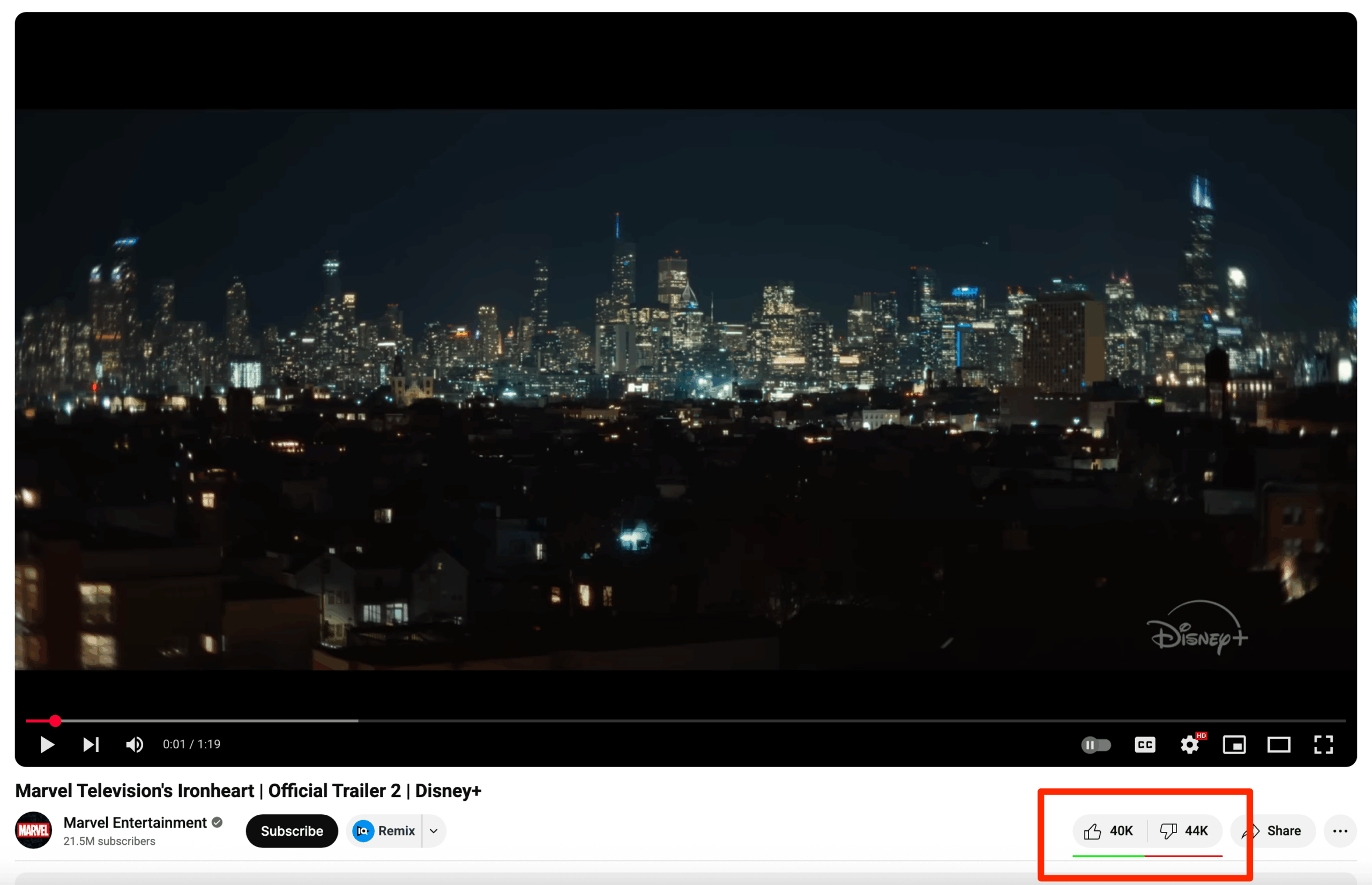
The dialogue feels as if it’s similar to someone reciting their own Wikipedia entry verbally, or even creating an Ironheart review video script within the show itself. It seems as though the entire script was written in a rough, initial draft form without anyone having the courage to refine it.
In each scene, a contemporary woman exudes self-assuredness with a hint of superiority, accompanied by an air of “I’m superior.” The series consistently portrays her as flawless and enigmatic, even in situations where she might appear vulnerable or face adversity. Instead, the narrative emphasizes her perfection and mystique.
She never learns. She never struggles. She’s just awesome—and everyone else is in the way.
The Only Spark: The Hood
One intriguing aspect I can point out in this Ironheart review is The Hood, a sinister criminal with whispers of dark sorcery and demonic manipulation. What makes him captivating? He’s connected to Mephisto, the long-discussed devil in the Marvel universe. However, even this allure seems unintentional – a mere remnant of a story the series appears unwilling to fully explore.
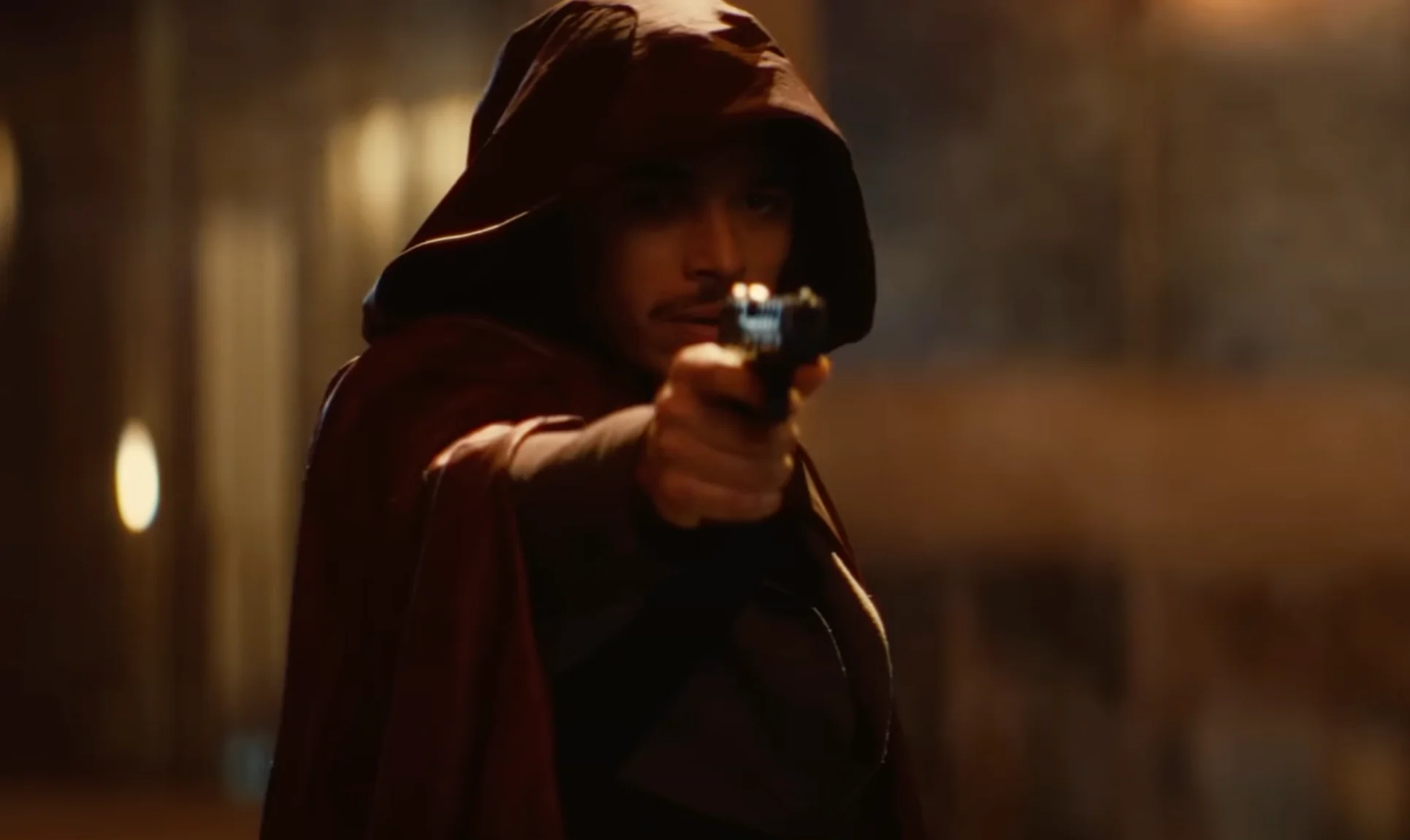
The reasons behind the Hood’s actions remain unclear, and his scenes shift between different tones. However, whenever he appears, there’s an undeniable feeling of tension, as if something significant could occur at any moment. Regrettably, nothing ever unfolds, and we’ve reached the halfway point in this series.
The Bottom of the Barrel
Let’s be clear: this is the worst thing Marvel has ever released.
Ironheart feels more engaging than She-Hulk, similar to the Netflix Daredevil. It lacks tension, appeal, and compelling characters you want to root for. It seems to celebrate criminal activities, disrespects its own storyline, and provides little depth or meaning.
There are no redeeming qualities. None.

If Thunderbolts were beginning to make progress, Ironheart swiftly applied the breaks, spun the vehicle, and ignited the debris on fire.
Don’t waste your time. Don’t even waste the energy it takes to scroll past it.
Final Verdict: 1/10 – An unwatchable disaster.
Read More
- Silver Rate Forecast
- Black Myth: Wukong minimum & recommended system requirements for PC
- Gold Rate Forecast
- USD CNY PREDICTION
- Former SNL Star Reveals Surprising Comeback After 24 Years
- Grimguard Tactics tier list – Ranking the main classes
- Arknights celebrates fifth anniversary in style with new limited-time event
- Gods & Demons codes (January 2025)
- Maiden Academy tier list
- PUBG Mobile heads back to Riyadh for EWC 2025
2025-06-25 19:57